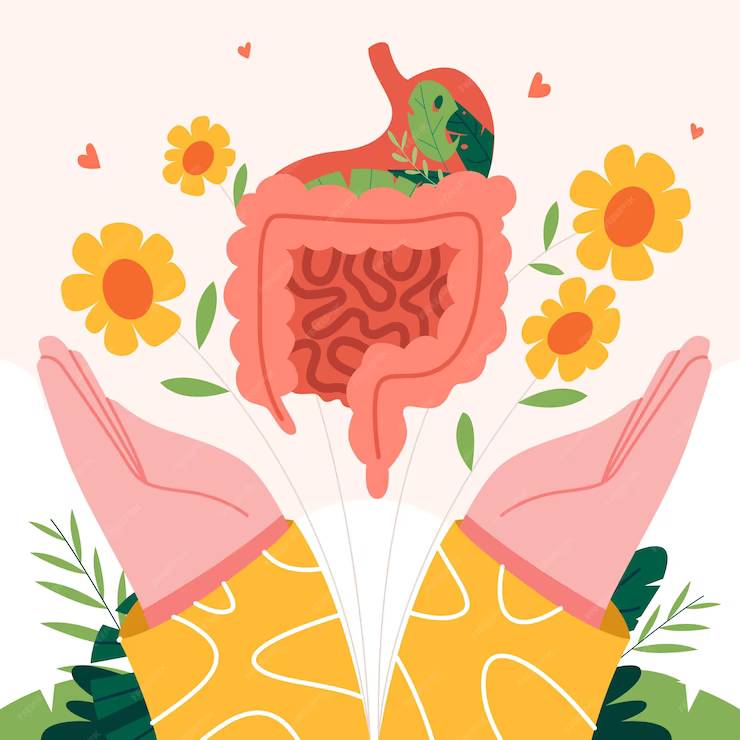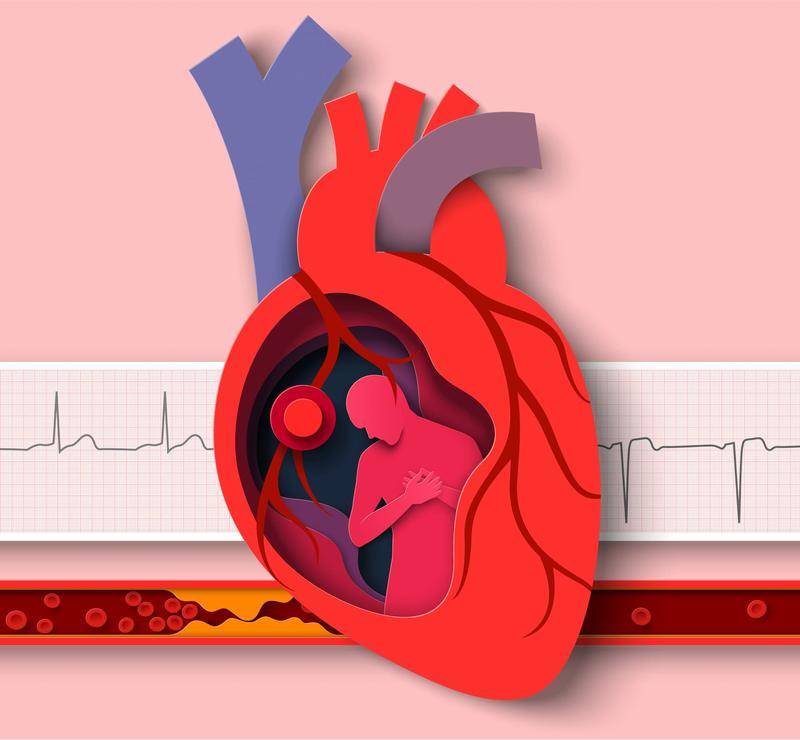

The Microbial Masquerade: Unmasking the Gut's Influence on Schizophrenia
Dearest Gentle Reader,
It appears that the world is abuzz with a most intriguing revelation. Recall when King George confesses to Queen Charlotte, “I am a madman. I am a danger. In my mind, there are different worlds creeping in. The heavens and the Earth collide. I do not know where I am….”, well, His Highness may have in fact opened a tete-a-tete among the scientific community.
Every year, May 24th is globally recognised as World Schizophrenia Awareness Day. Let’s go! Schizophrenia is a serious mental health condition that affects how one thinks, feels and behaves, thus causing one to lose touch with reality. The symptoms often manifest as hallucinations, delusions, forgetfulness, withdrawal, repetitive movements, catatonia (immobility), and sometimes even as self-harming tendencies. The world may blend into a confusing kaleidoscope of distorted reality. This may result in a sudden change of personality or behaviour, something medically known as a ‘psychotic episode’. However, contrary to popular belief, it is not the personality of a person that splits, but rather their reality.
What could possibly be causing such havoc on the mind? Research shows that schizophrenia may be caused by a complex interplay between certain genes, environmental factors, brain structure and chemistry, and psychoactive substance abuse. While the ton is well-versed in the affairs of the heart, who would have thought that the affairs of the gut could hold such sway over our mental faculties? Recent whispers from the hallowed halls of academia suggest that the humble gut microbiome may indeed play a role in this most perplexing condition!
Scientists have discovered alarming differences in the gut microbiome of individuals with schizophrenia compared to healthy adults. Schizophrenia is seen to be often accompanied by a loss of diversity in the healthy bacteria of the gut, especially those that produce beneficial Short Chain Fatty Acids (SCFAs). The gut microbiome appeared to have more microbes originating from the oral-cavity and in fact, when mice were transplanted with Streptococcus vestibularis (an oral bacterium), they developed schizophrenia-like behaviour. Dysbiosis of the gut microbiome has also shown to cause a reduction in N-methyl-d-aspartate (NMDA) and brain-derived neurotrophic factor (BDNF), chemicals that are crucial in maintaining brain plasticity. People with schizophrenia also show reduced valeric acid, an SCFA that protects brain cells from excitotoxicity and cell death, and caproic acid, that improves cognitive function. And the evidence is just beginning to unfold!
This scandalous dance between the mind and the microbes is sure to turn heads and spark conversation among even the most discerning of my readers. Watch your step, my dear!
References
The Gut–Brain Axis in Schizophrenia
Hidden Role of Gut Microbiome Dysbiosis in Schizophrenia
The role of the gut microbiome in the development of schizophrenia
Genomics of schizophrenia: time to consider the gut microbiome?

